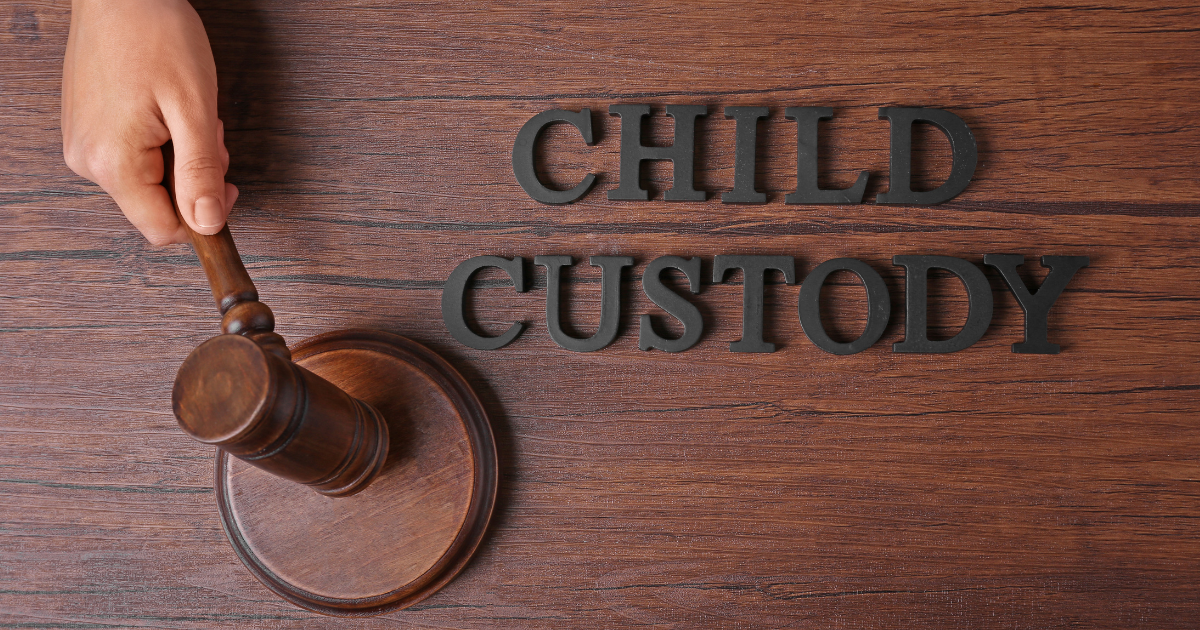
Child custody is a central issue in many New Jersey divorce and separation cases. It involves decisions about where a child will live and who will make major decisions about their upbringing. New Jersey recognizes different types of custody, each with its own legal implications. Understanding the distinctions is essential for parents working toward an arrangement that prioritizes their child’s well-being.
What Is Legal Custody?
“Legal custody” refers to the right to make important decisions about a child’s life, including education, healthcare, and religious upbringing. A parent with legal custody can determine the course of the child’s development in major areas. New Jersey courts typically prefer joint legal custody, where both parents share these responsibilities. In cases involving conflict, risk, or a parent’s absence, the court may award sole legal custody to one parent, giving them full authority over decisions.
What Is Physical Custody?
“Physical custody” determines where a child lives on a day-to-day basis. Sole physical custody means the child lives with one parent most of the time, and the other parent usually has visitation. Joint physical custody, by contrast, means the child spends significant time with both parents. While this does not require a 50/50 split, it typically involves both parents having regular, meaningful time with the child. The court considers proximity, the child’s schooling, and each parent’s availability before awarding joint physical custody.
What Is Sole Custody?
“Sole custody” gives one parent both legal and physical custody. That parent becomes the primary decision-maker and provides the child’s main residence. However, the other parent may still have visitation rights. Sole custody is typically reserved for cases where one parent is absent, poses a risk to the child, or is otherwise unfit. The court’s main concern remains the child’s safety, stability, and development.
What Is Joint Custody?
“Joint custody” can refer to legal, physical, or both types of custody. In joint legal custody, parents share the authority to make decisions. In joint physical custody, the child spends time living with both parents. This arrangement supports the child’s connection to both parents but requires coordination, communication, and proximity. Courts look at whether both parents can cooperate effectively before approving joint custody.
How Does Parenting Time Work?
When one parent has primary physical custody, the other is generally granted parenting time, sometimes called “visitation.” This schedule is designed to maintain a relationship between the child and the noncustodial parent. Parenting time can be customized, structured, or supervised, depending on the circumstances. Supervised parenting time is used when there are concerns about safety or past behavior.
The goal is to preserve the parent-child relationship while ensuring the child remains in a safe and supportive environment. New Jersey courts encourage both parents to maintain an ongoing presence in their child’s life whenever possible.
What Factors Do Courts Consider in Custody Decisions?
Courts in New Jersey use the “best interests of the child” standard when determining custody. This includes evaluating each parent’s ability to provide stability, support, and a nurturing environment. Other factors include the child’s relationship with each parent, any history of domestic violence or neglect, and the willingness of each parent to foster a relationship with the other parent. If the child is old enough, the court may also consider the child’s preference.
Custody decisions are not based on the parents’ wishes alone. The court focuses on what will best support the child’s emotional and physical development.
Can Custody Orders Be Modified?
Yes, custody orders can be changed if there is a significant change in circumstances. Examples include a parent moving, changes in work schedules, or concerns about the child’s welfare. A parent must request a modification through the court and provide evidence that the change is necessary and in the child’s best interests. However, custody modifications are not automatic. The court carefully evaluates any proposed changes to ensure they support the child’s needs.
What Happens When Parents Disagree on Custody?
If parents cannot agree on custody, the court may require mediation or a custody evaluation. Mediation helps parents reach a resolution outside of court, while a custody evaluation involves a professional assessing the family situation and making recommendations. If no agreement is reached, a judge will decide custody based on testimony, reports, and applicable law.
Bergen County Divorce Lawyers at Torchin Martel Orr LLC Understand the Legal Complexities of Child Custody
Understanding the types of child custody in New Jersey helps parents make informed decisions that prioritize their children. Whether legal, physical, sole, or joint, each custody type is designed to serve the child’s best interests. The Bergen County divorce lawyers at Torchin Martel Orr LLC can guide families through these important matters with compassion and clarity. Call us today at 201-971-4866 or contact us online for an initial consultation. We are located in Paramus, NJ.

